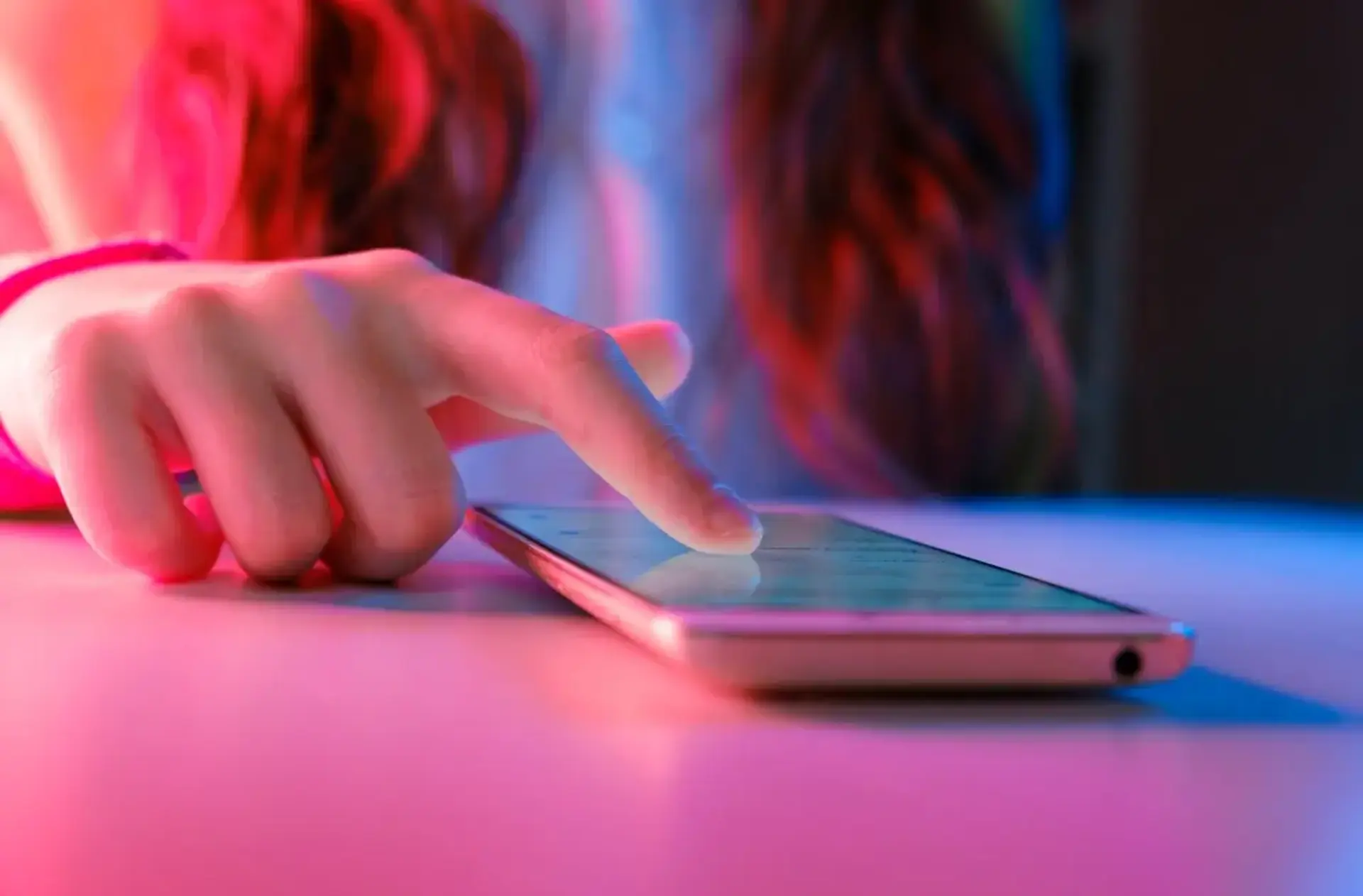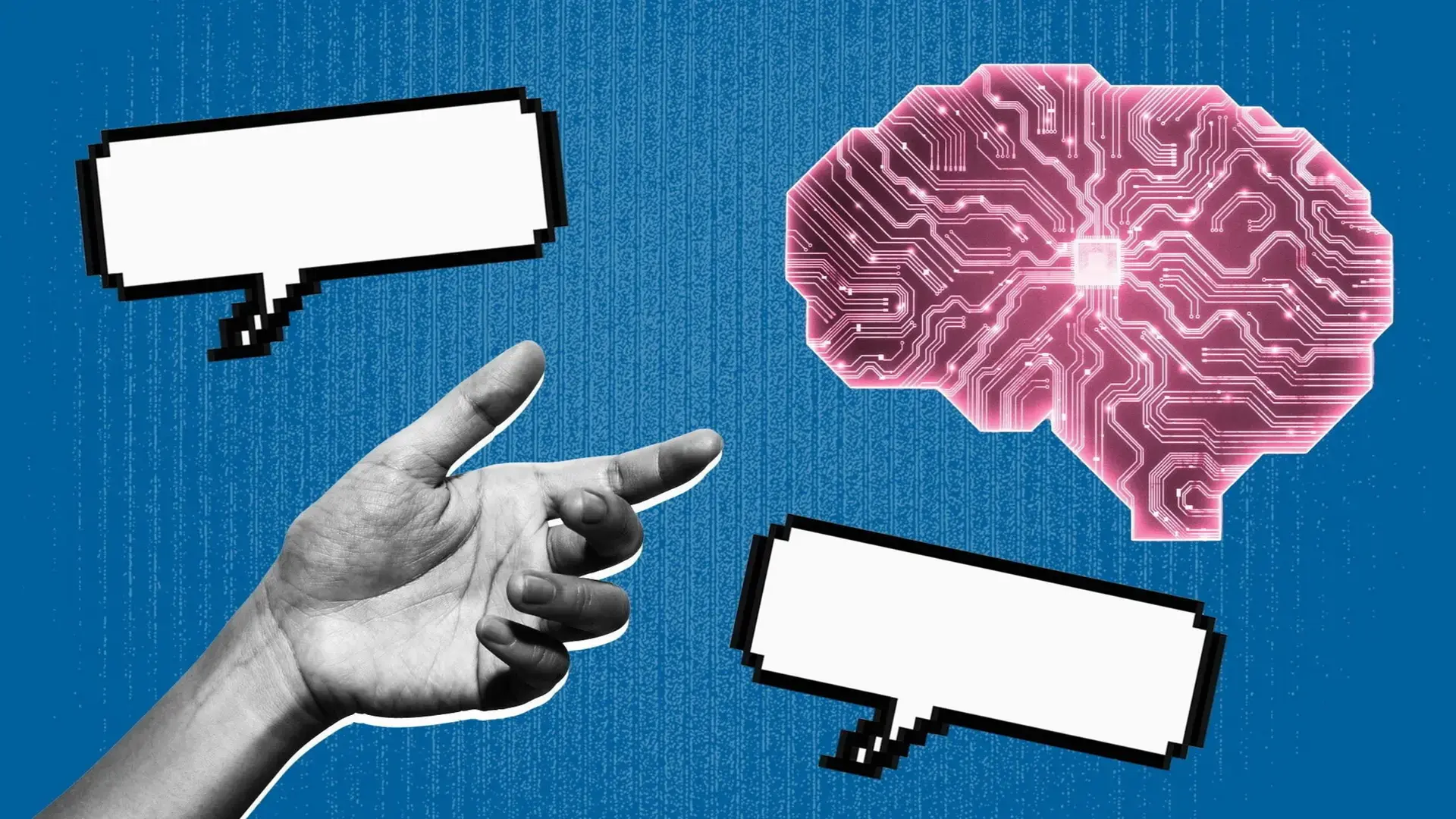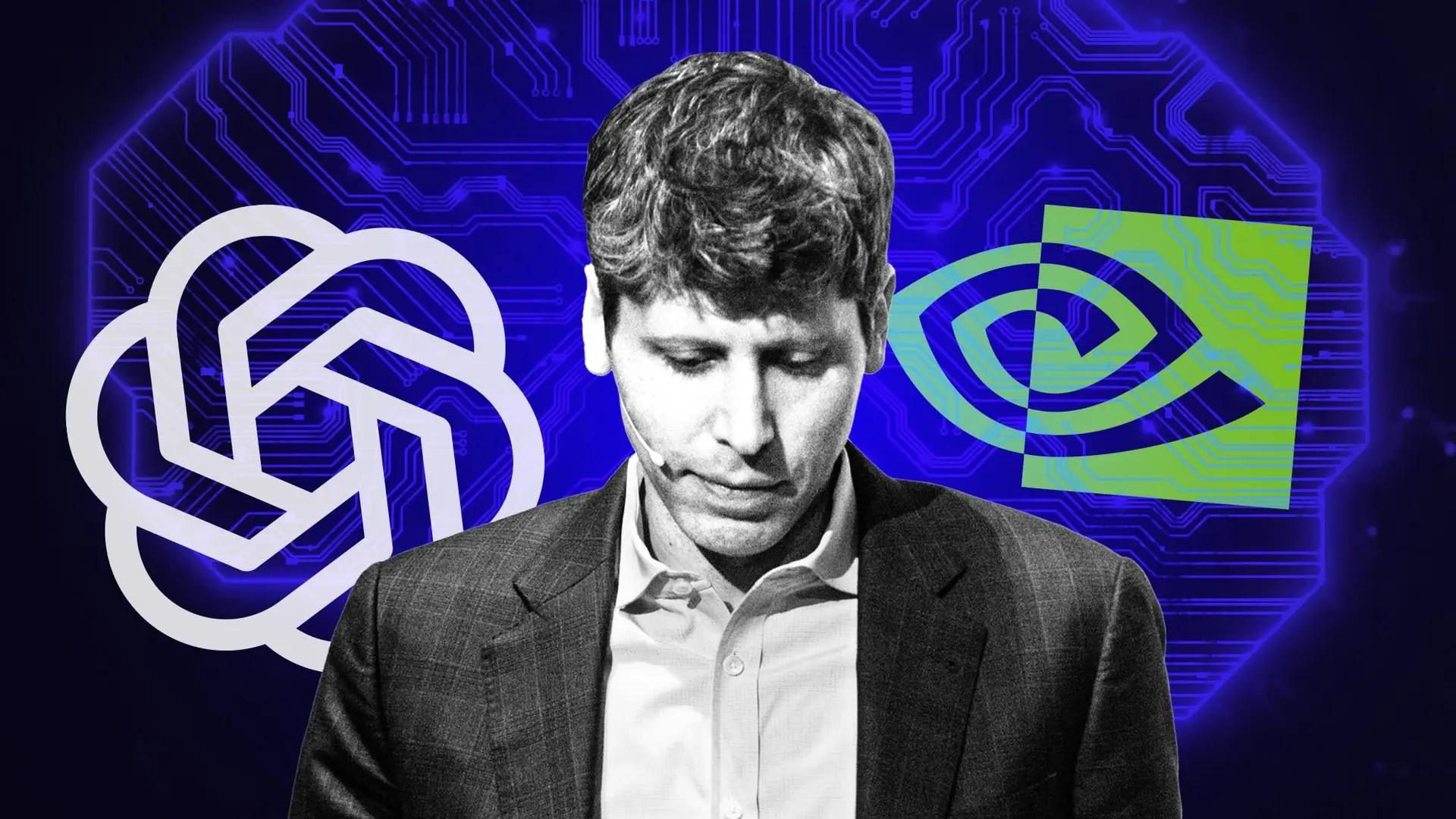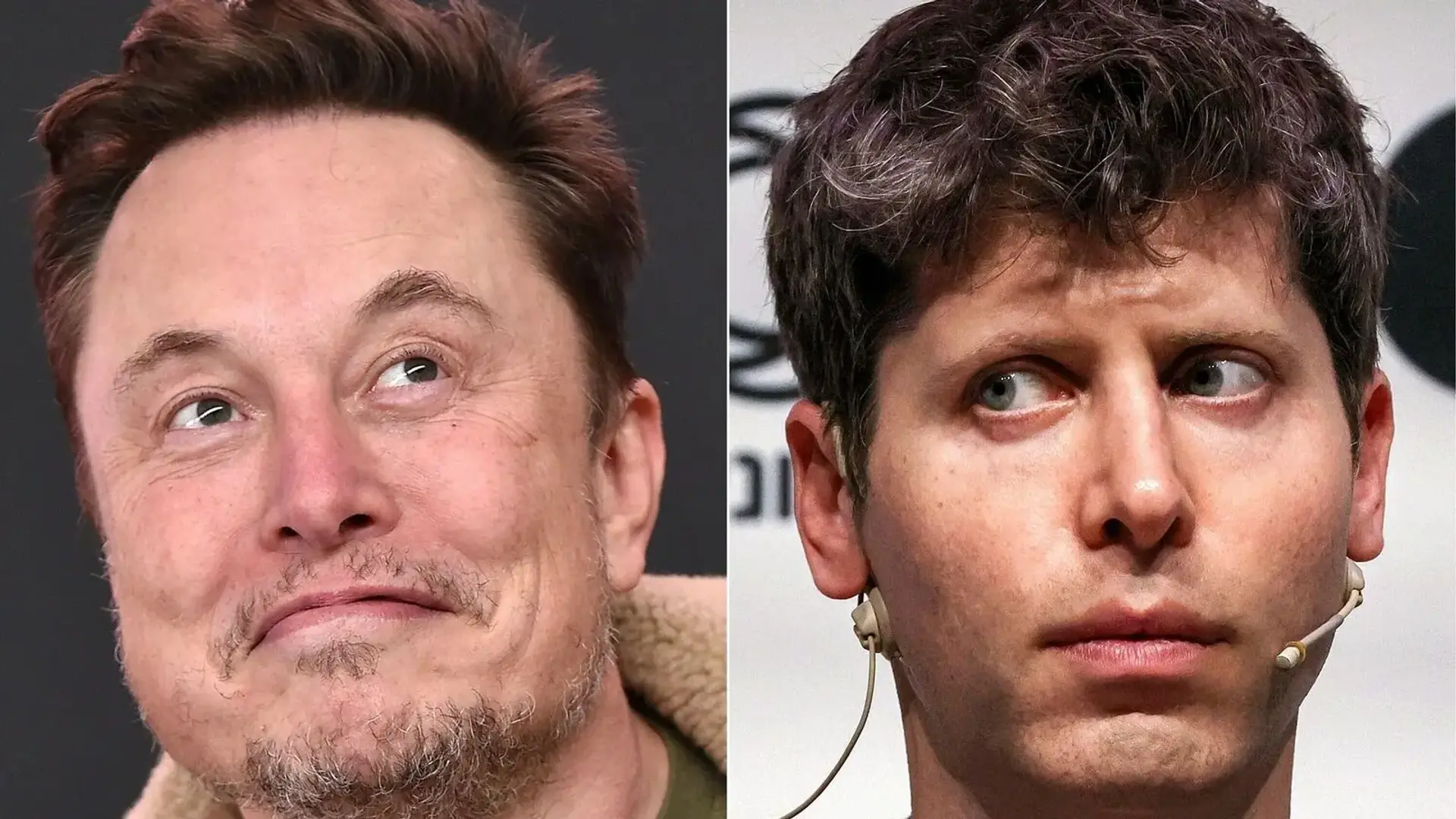A San Francisco psychiatrist has reported a number of cases of 'AI psychosis' in patients, characterised by paranoia and delusions following extensive use of AI chatbots. The affected individuals are typically men aged 18-45, many of whom work in the tech industry. Experts suggest that AI interaction can amplify pre-existing mental health vulnerabilities, such as isolation, job loss related anxiety and mood disorders, potentially leading to detachment, and withdrawal from social networks.
Symptoms of AI psychosis include grandiose delusions, where individuals believe they have uncovered profound truths, and romantic delusions, where users perceive genuine love from the chatbot's mimicry of conversation. Experts caution against over-reliance on AI for emotional support, advising users to recognise that chatbots are tools, not friends. They recommend setting boundaries for chatbot use, especially during periods of emotional vulnerability, and maintaining real-world social connections.
AI developers are beginning to address these concerns, with OpenAI hiring clinical psychiatrists to assess the mental health impact of their AI tools and developing safety measures. These measures aim to identify and flag responses that might validate delusions, and to reduce the tendency of chatbots to mirror and affirm user beliefs, which can exacerbate psychotic symptoms.




